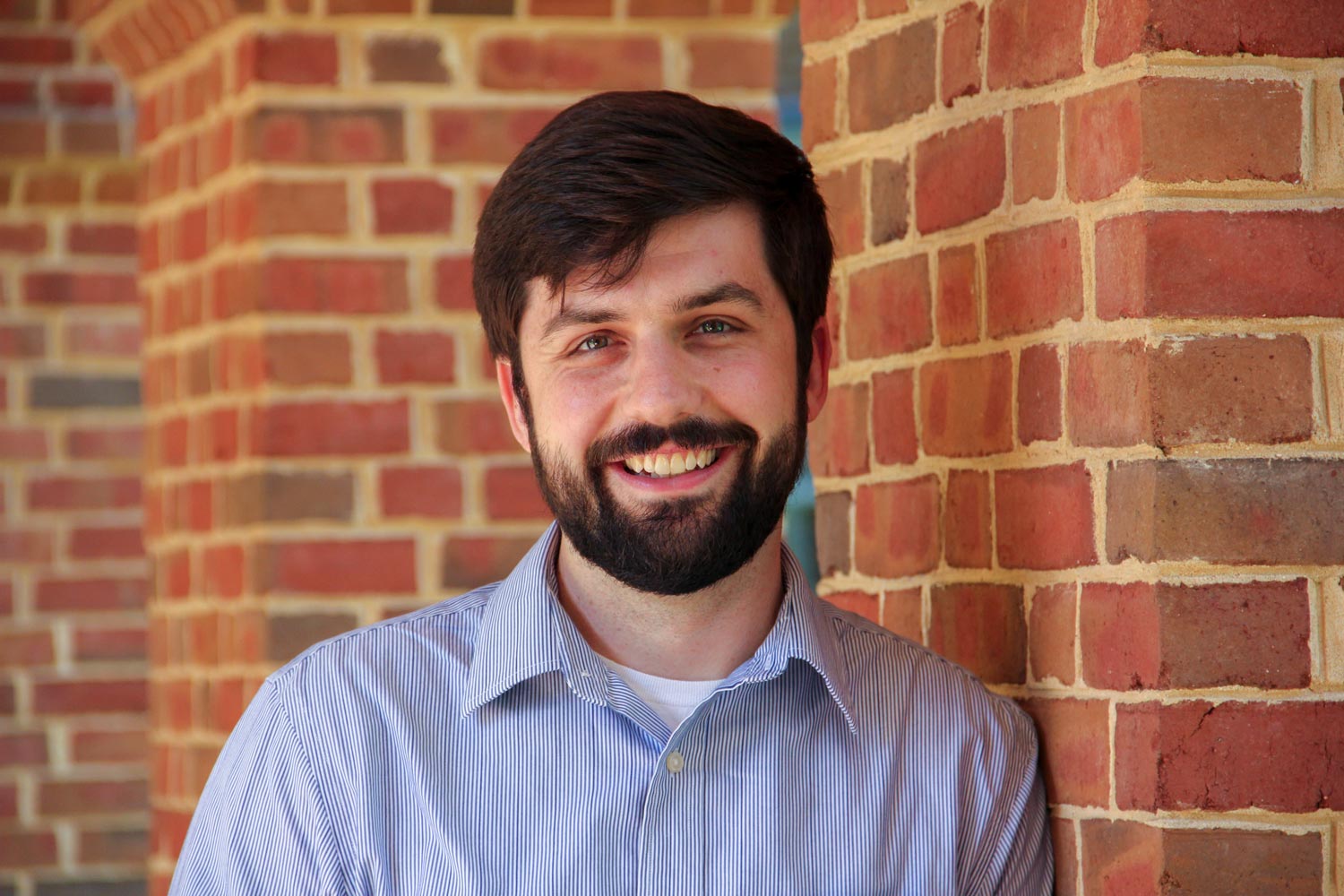As the school year gets underway, students of all ages will look for mentor relationships with their teachers, counselors and coaches.
Michael Lyons, a school psychologist at the University of Virginia’s Curry School of Education and Human Development, has researched mentoring for years and said that mentoring is more complex than it appears.
“Effective mentoring relationships are definitely not accidental,” he said. “Effective mentoring takes quite a bit of effort and in cases where it is not done well, it can actually be harmful for the student.”
According to Lyons, effective mentoring relationships can improve more general well-being and specific school outcomes like student grades, while also reducing truancy and discipline referrals.
Reflecting on the latest research about mentoring, Lyons shares three tips for making mentoring relationships effective.
Begin and Stay Curious
Lyon’s recent research on mentor pairs has begun to uncover the benefits of hearing more from the student than the adult.
“Instead of approaching the mentoring relationship with the perspective of what wisdom can a mentor offer their mentee, I would recommend that a mentor approach their mentee with a healthy dose of curiosity,” Lyons said. “The more mentors can ask questions about how their mentee sees the world and their place in it, the more understanding and empathy the mentor will have to offer.”
Lyons suggests asking open-ended questions that provide the opportunity for the young person to share about their own experiences. Making statements like “I’m not sure I understand what you mean; can you tell me more about …?” can be good ways to invite mentees to share more about their experiences.
In addition, mentors can check to ensure they understand what their mentee has said and invite them to clarify any misunderstandings. Before summarizing, mentors might say something like, “I’d like to summarize what you just told me and I want you to tell me if I got anything wrong.”
This practice also allows for an increased level of cultural responsiveness, Lyons said.
“A risk in mentoring programs is that mentors are more interested in finding a shared experience between their life and their mentee’s life, rather than understanding youth experience,” he said. “When this happens, there is a risk that young people not only feel unheard, but that the uniqueness of their experience is not honored. This can especially be challenging when mentors and mentees come from different cultural backgrounds.”
For example, after hearing their mentee share a story of feeling bullied, a mentor may be inclined to share their own experiences feeling bullied in order to create a shared experience and connection. But according to Lyons, that can also backfire.
“The mentor’s story can further separate their connection if a mentee believes that the type of bullying the mentor experienced is nothing like being bullied today,” Lyons said. “The mentee may be bullied because of their race or sexual orientation, and that may be very different from a mentor’s experiences being bullied. Instead, a continued series of questions asking for clarification can be beneficial to the relationship. These might include, ‘What did you mean when you said you felt bullied?’”

Michael Lyons, a school psychologist at the Curry School of Education and Human Development, has researched mentoring for years. (Contributed photo)
For more than 20 years, the Young Women Leaders Program, a mentoring program created in partnership between the Curry School and the UVA Women’s Center, pairs undergraduate women mentors with local middle school girls. Curry School researchers have been following the program, examining specific elements of it and testing its impact since its inception.
Lyons is now working with colleagues to create and test a mentoring module that specifically expands on this practice of curiosity and asking open-ended questions. The new module will be used by the Young Women Leaders Program mentors beginning this fall.
Set Goals
In a new study of approximately 1,360 mentor-mentee pairs, Lyons showed how two practices mentors can implement can have a positive difference for mentees. The study compared mentors who set specific goals with their mentees and offered feedback on those goals to mentors who did not. Goal-setting and feedback activities resulted in moderate to large effects on mentee outcomes.
“Our study suggested that young people in mentoring relationships where goals were set saw a significantly more positive impact compared to mentoring relationships that did not include goal-setting,” Lyons said.
While it might seem daunting to incorporate goal-setting in mentor/mentee relationships, Lyons suggests that the goals do not need to be overly complicated or taxing. Goals should stem from what a mentee wants – help in a class, perhaps, or to improve their relationships with friends and family. Mentors who set small goals with their mentees can help mentees monitor their progress in reaching those bigger goals.
Express Yourself!
Sometimes mentors feel stuck. They may be having difficulty connecting with their mentee, may feel like they are not being helpful, or have mentees who prefer to spend their time hanging out with friends or looking at their phones.
The good news is that if the mentor is feeling stuck, the mentee may be feeling the same way. Mentors may help unstick the relationship by letting their mentee know how they are feeling. Lyons suggests saying something like, “I’ve felt like the last few times we’ve met have not been very helpful and I’m wondering if you’ve felt the same way. Is there something I can do to be more useful?”
“These opportunities for the young person to express their frustration or anxiety can provide their mentor with significant insight into what is going on,” he said.
The worst-case scenario is when mentees stop expressing themselves, stop talking and ultimately disengage entirely, Lyons warns. In contrast, giving mentees time to express themselves can help them stay engaged.
“These relationships have the potential to make a significant difference in the lives of the students,” Lyons said.
With a few tips in hand, mentors can develop positive relationships and help shape youths’ academic and behavioral development.
Media Contact
Article Information
August 26, 2019
/content/3-ways-become-better-mentor

